Liquid marble – a high-yield micro-photobioreactor platform
Literature Information
Nhat-Khuong Nguyen, Du Tuan Tran, Ann Chuang, Pradip Singha, Gregor Kijanka, Michele Burford, Chin Hong Ooi, Nam-Trung Nguyen
Liquid marbles are liquid droplets coated with micro/nano particles. Liquid marbles have been used as a micro reactor platform for various applications. This paper demonstrates the use of a transparent liquid marble as a micro-photobioreactor for microalgal culture, with the advantages of high light transmissivity and large surface area. We monitored the growth rate of Chlorella vulgaris in this platform and compared it with controls grown in conventional culture flasks. The results indicate that significant culture yield improvement was achieved. The liquid marble-based platform provides a 30-fold increase in maximum cell density. These results open up new possibilities for the liquid marble as a novel photo-microreactor platform for various applications.
Related Literature
IF 6.367
Permselective ion electrosorption of subnanometer pores at high molar strength enables capacitive deionization of saline waterIF 6.367
The limits to biocatalysis: pushing the envelopeIF 6.222
Contents listIF 6.222
Pulsed laser rusted stainless steel: a robust electrode material applied for energy storage and generation applicationsIF 6.367
An overview of latest advances in exploring bioactive peptide hydrogels for neural tissue engineeringIF 6.843
Electrospun hydrogels for dynamic culture systems: advantages, progress, and opportunitiesIF 6.843
Selective production of monocyclic aromatic hydrocarbons from ex situ catalytic fast pyrolysis of pine over the HZSM-5 catalyst with calcium formate as a hydrogen sourceIF 6.367
Water-soluble pH-switchable cobalt complexes for aqueous symmetric redox flow batteriesIF 6.222
Co-production of pure hydrogen, carbon dioxide and nitrogen in a 10 kW fixed-bed chemical looping systemIF 6.367
Source Journal
Reaction Chemistry & Engineering
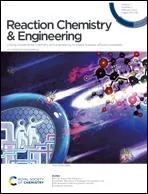
Reaction Chemistry & Engineering is an interdisciplinary journal reporting cutting-edge research focused on enhancing the understanding and efficiency of reactions. Reaction engineering leverages the interface where fundamental molecular chemistry meets chemical engineering and technology. Challenges in chemistry can be overcome by the application of new technologies, while engineers may find improved solutions for process development from the latest developments in reaction chemistry. Reaction Chemistry & Engineering is a unique forum for researchers whose interests span the broad areas of chemical engineering and chemical sciences to come together in solving problems of importance to wider society. All papers should be written to be approachable by readers across the engineering and chemical sciences. Papers that consider multiple scales, from the laboratory up to and including plant scale, are particularly encouraged.
Recommended Compounds
Recommended Suppliers
 Xiangfan Nuor Chemical Industry Co., Ltd.
Xiangfan Nuor Chemical Industry Co., Ltd. DaXem GmbH
DaXem GmbH Xian Boyang Xinye Food Chemical Co., Ltd.
Xian Boyang Xinye Food Chemical Co., Ltd. PMA Prozess- und Maschinen-Automation GmbH
PMA Prozess- und Maschinen-Automation GmbH Jiangmen Hengyi Real Industry Co., Ltd.
Jiangmen Hengyi Real Industry Co., Ltd. Zibo Jujin Chemical Industry Co., Ltd.
Zibo Jujin Chemical Industry Co., Ltd. Qingdao Bovonkem Pharmachem Tech Co., Ltd.
Qingdao Bovonkem Pharmachem Tech Co., Ltd. Hangzhou Changhe Chemical Industry Co., Ltd.
Hangzhou Changhe Chemical Industry Co., Ltd. Shandong Baiqi Biopharmaceutical Biomedical Co., Ltd.
Shandong Baiqi Biopharmaceutical Biomedical Co., Ltd. Guangzhou Xiangmei Chemical Technology Co., Ltd.
Guangzhou Xiangmei Chemical Technology Co., Ltd.










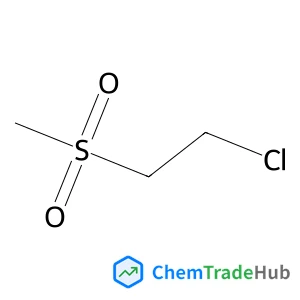
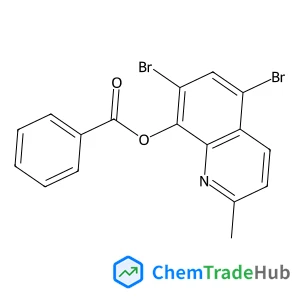
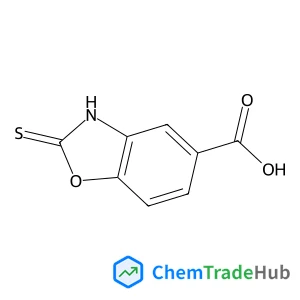
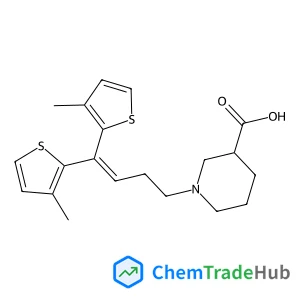
![315234-49-2 - 1-[(Tert-butoxy)carbonyl]-2-(prop-2-en-1-yl)pyrrolidine-2-carboxylic acid 315234-49-2 - 1-[(Tert-butoxy)carbonyl]-2-(prop-2-en-1-yl)pyrrolidine-2-carboxylic acid](/structs/315/315234-49-2-fe31.webp)